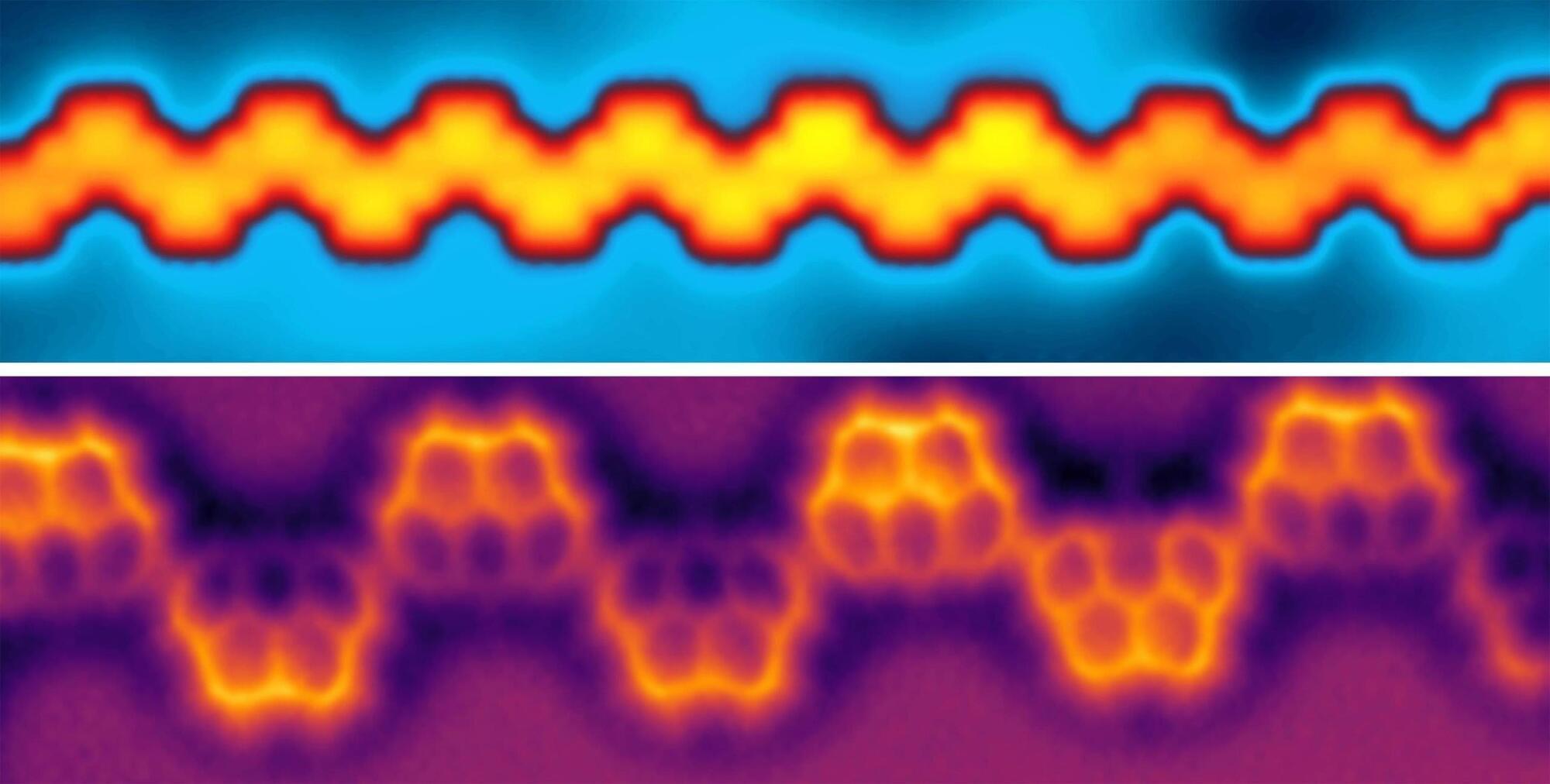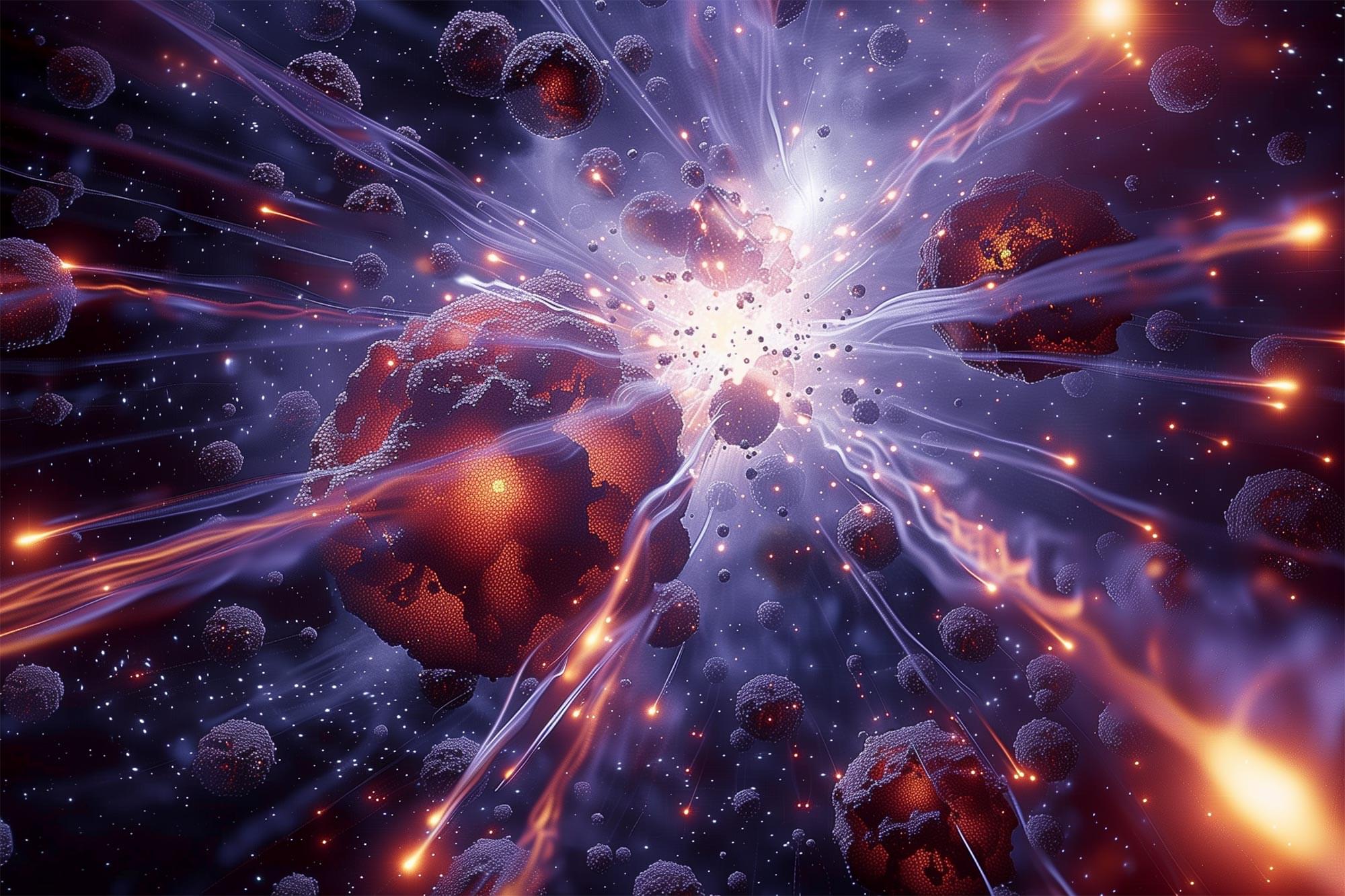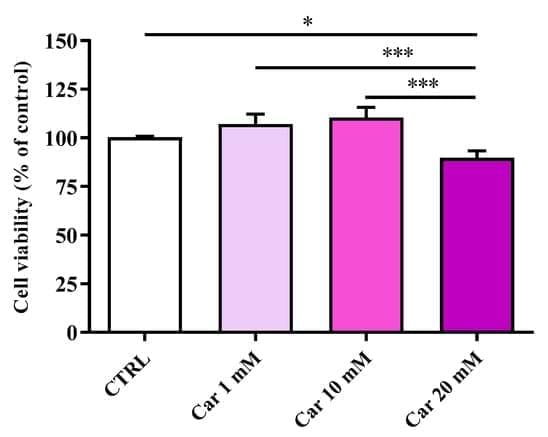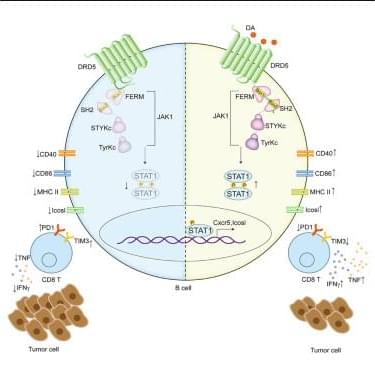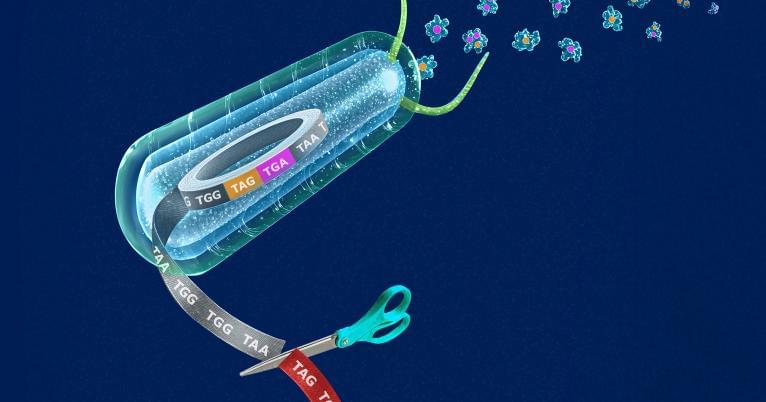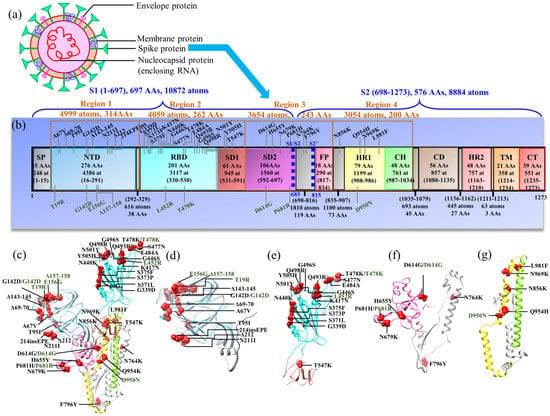In the following paper, the authors aimed to compare the social cognition profiles of individuals with cerebellar neurodegenerative disorders, autism, bipolar disorder type 2, or healthy subjects using a battery of social tests requiring different degrees of prediction processing.
📝 — Olivito, et al.
Full text is available 👇
Social prediction is a key feature of social cognition (SC), a function in which the modulating role of the cerebellum is recognized. Accordingly, cerebellar alterations are reported in cerebellar pathologies, neurodevelopmental disorders, and psychiatric conditions that show SC deficits. Nevertheless, to date, no study has directly compared populations representative of these three conditions with respect to SC and cerebellar alterations. Therefore, the present exploratory study aimed to compare the SC profiles of individuals with cerebellar neurodegenerative disorders (CB), autism (ASD), bipolar disorder type 2 (BD2), or healthy subjects (HS) using a battery of social tests requiring different degrees of prediction processing. The patterns of cerebellar gray matter (GM) alterations were compared among the groups using voxel-based morphometry.
